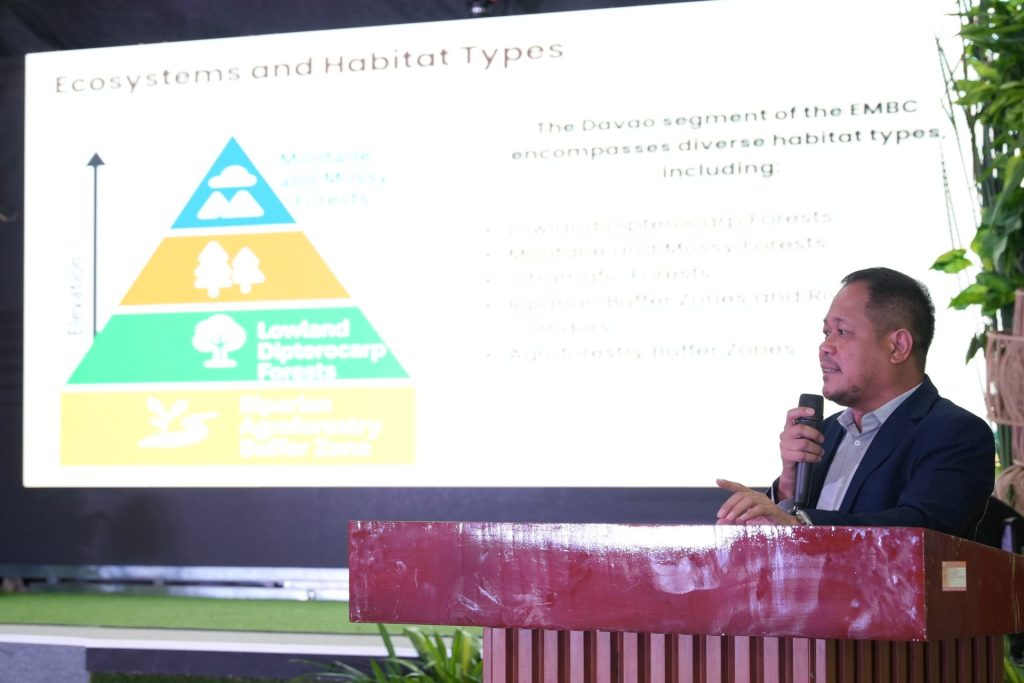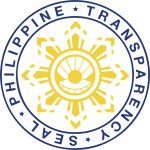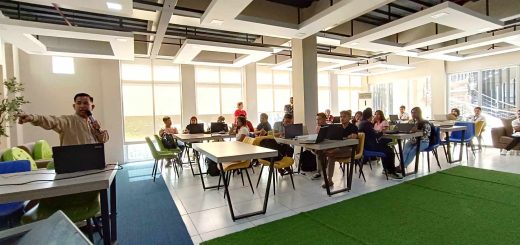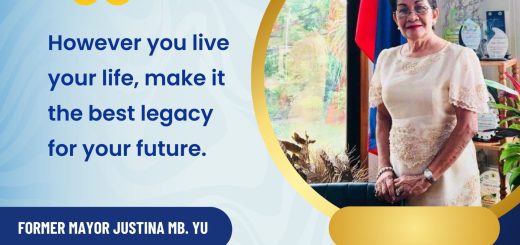University President Ponce Speaks at EMBC Summit 2025; DOrSU Strengthens Role as Project Partner
by DOrSU-PIO · Published · Updated

Davao Oriental State University (DOrSU) President Dr. Roy G. Ponce served as a plenary speaker at the Eastern Mindanao Biodiversity Corridor (EMBC) Summit 2025, held on October 6-8 at Caraga State University in Butuan City. Speaking in Plenary Session 2 themed “Biodiversity and Communities: Strengthening Conservation Connectivity (Science-Based),” Dr. Ponce presented the EMBC Biodiversity Profile of Davao de Oro and Davao Oriental.
Dr. Ponce’s presentation directly advanced the Summit’s goal of translating science into action under the Biodiversity Corridor (BD Corridor) Project of the Department of Environment and Natural Resources (DENR), supported by the Global Environment Facility (GEF) and the United Nations Development Programme (UNDP). As one of the project partners, DOrSU is helping build the evidence base for integrated ecosystem management from ridge-to-reef monitoring and habitat connectivity analysis to local capacity building and policy support for biodiversity-friendly livelihoods.
The session also featured regional and international experts whose complementary work reinforced the corridor approach. From insect biodiversity baselines that flag sensitive habitats to province-level biodiversity profiles, the shared datasets are informing priorities for restoration and protection, as well as the identification of Other Effective area-based Conservation Measures (OECMs) that contribute to national targets and the global 30×30 goal.
The program continues through October 8, with Ms. Amy G. Ponce, DOrSU Project Leader for EMBC Clusters 5 & 6, set to present the Eastern Mindanao Biodiversity Corridor Conservation Plan for Davao de Oro and Davao Oriental. The day’s agenda will also tackle DHSUD XIII priority programs, eco-tourism opportunities in the Mindanao Corridor, LGU-led OECMs, and the Caraga Provinces Conservation Plan—tying technical planning to implementing agencies, specific sites, and community initiatives.
DOrSU faculty-researchers are also slated to present studies across four clusters: (1) Biodiversity Assessment, Species Movement and Conservation of Flora; (2) Biodiversity Assessment, Species Movement and Conservation of Fauna; (3) Socioeconomic Dimensions including GAD initiatives in biodiversity conservation; and (4) CLUP/Special Area Studies (Biodiversity). These papers expand the corridor’s knowledge base, guide local development planning, and support community-based stewardship in critical habitats.
DOrSU’s strong presence at the EMBC Summit advances the University’s regenerative futures vision and GROWTH Agenda, underscoring its role as a reliable science partner for government, communities, and conservation networks in Eastern Mindanao. As sessions progress, DOrSU’s team is coordinating with partners to share datasets, align conservation priorities with LGU plans, and scale training and monitoring programs across key landscapes.






